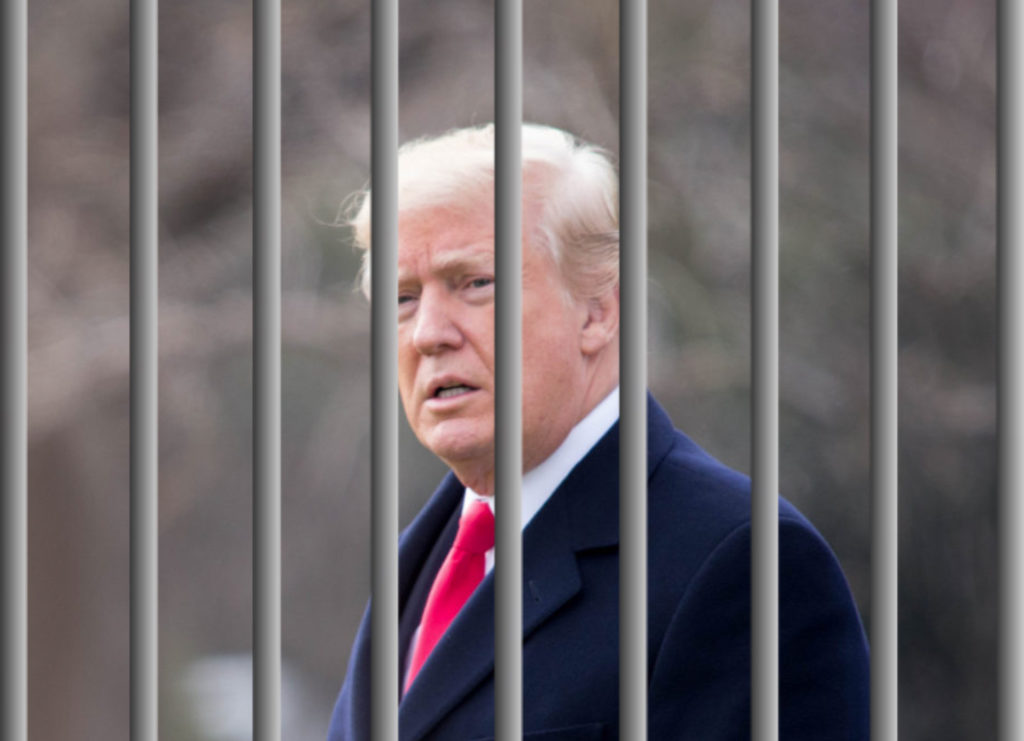The one word that’s already defining Donald Trump’s criminal trial

Some criminal trials hinge on a single piece of smoking gun evidence or a single star witness who saw it all. Other criminal trials, like the one Donald Trump is currently on, are instead built on testimony from a whole lot of witnesses who each saw different segments of the crime from different angles. In such case it’s up to prosecutors to make sure that the mountain of evidence is one that can stand on its own once fully constructed.
To that end, the theme of Trump’s criminal trial is now becoming abundantly clear. That theme comes down to one word: corroboration. We first saw this theme emerge when David Pecker took the stand and not only confessed to his role as a Trump co-conspirator, but also corroborated in advance much of the testimony that will later come from Michael Cohen. We saw it again when a former bank executive briefly took the stand just to corroborate Cohen’s upcoming testimony about the home equity loan that he used to pay off Stormy Daniels at Trump’s instruction.
We saw that theme really come into focus on Tuesday, when attorney Keith Davidson took the stand and corroborated in advance much of the testimony that his former clients Stormy Daniels and Karen McDougal will end up giving. And even as Davidson was detailing his negotiations with a former National Enquirer executive named Dylan Howard, the prosecution was corroborating Davidson’s testimony in real time by presenting text messages between the two men.
At this point it’s becoming clear that every important claim made by any one witness for the prosecution is going to be corroborated by at least one other witness for the prosecution. This makes it really easy for the jury. If they don’t want to have to take Pecker solely at his word, they don’t have to. If they don’t want to take Cohen solely at his word, again, they don’t have to.
When all of these various witnesses – including people who have fired each other, people who don’t like each other, and people who have no connection to each other – are all coming together to construct the same damning story against the defendant, it’s what leads to a conviction. Good prosecutors don’t give the jury an excuse to question whether reasonable doubt might come into play. And the prosecutors in this case are making a point of sealing up in advance every potential crack that even the most skeptical juror might try to find. So the key word here is “corroboration.” And in the end it’s going to be “conviction.”
